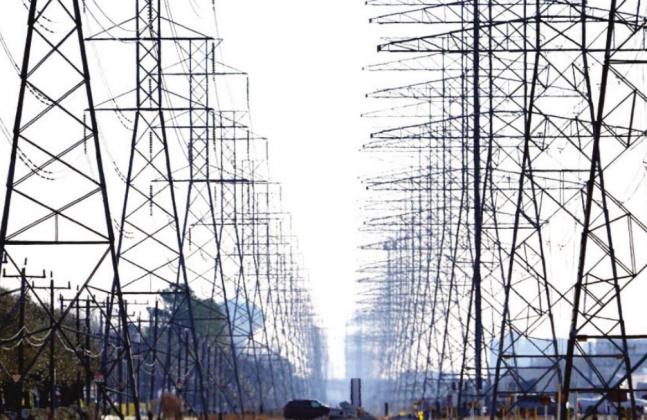The Texas Senate unanimously approved a sweeping bill that would overhaul the state’s electricity industry and infrastructure, including mandating that power plants prepare for extreme weather and outlawing risky indexed retail electric plans.
The bill was spurred following the deadly winter storm this past February which impacted 70 percent of Texas’ ERCOT users served by the main grid, losing power for at least 42 hours in subzero temperatures and almost half experiencing water outages. The death toll reached 111 people.
Senate Bill 3, filed by Republican state Sen. Charles Schwertner of Georgetown, now heads to the Texas House where its prospects are uncertain. Members in the lower chamber will take up a series of related, stand-alone bills on Tuesday.
“There were a multitude of failures,” Schwertner said, referring to the massive power outages during the deadly winter storm. “And we’re fixing the problems.”
SB 3 would require all power generators, transmission lines, natural gas facilities and pipelines to make upgrades for extreme weather — a process known as weatherization. Most power generators and gas facilities were not equipped to handle temperatures that dipped into single digits last month.
Natural gas regulators and industry groups have claimed the majority of the problems that caused a shortage of natural gas during the storm — which worsened the problems for power plants — was caused by power outages and suggested that winterization of the natural gas supply system was unnecessary.
The Senate bill reflects that concern, leaving it to the Texas Railroad Commission, the regulatory body that oversees the state’s oil and natural gas industry, to decide what upgrades natural gas fuel facilities would have to make.
The bill does not address funding to pay for the mandated upgrades. However, other pieces of legislation in the Texas House have been proposed with various funding mechanisms. Experts say the process of retrofitting the state’s power plants for winter could be difficult and costly, but not impossible, depending on the types of up grades eventually mandated by regulators.
The bill would also ban indexed retail electric plans, whose rates fluctuate based on the cost of wholesale electricity. Customers in Texas who purchased indexed electric plans, like Griddy — which has since declared bankruptcy — saw astronomically high bills in the weeks following the storm due to a massive spike in wholesale electricity prices.
Some power plants or large users of power, such as oil refineries, offer to either increase the supply of electricity to the grid or decrease the demand for electricity for a certain price in a day-ahead market. ERCOT, the grid operator, purchases those guarantees to ensure extra power resources could quickly become available if there are any unexpected interruptions to the grid.
Currently, the costs of the services are distributed among customers. But some lawmakers say that the increasing amount of wind and solar generation could require ERCOT to buy more of these services and argue that renewable power companies should bear the burden of the additional costs.
Hancock told The Texas Tribune that the provision was intended to be a “small tweak” to “level out the peaks and valleys” in market prices that he said are created by cheap and intermittent wind and solar power generators.
The Advanced Power Alliance, a wind and solar industry group in Texas, called proposals to assign the costs to wind and solar power generators an “unnecessary, discriminatory policy,” in a statement issued last week. (Reported by the Texas Tribune)

